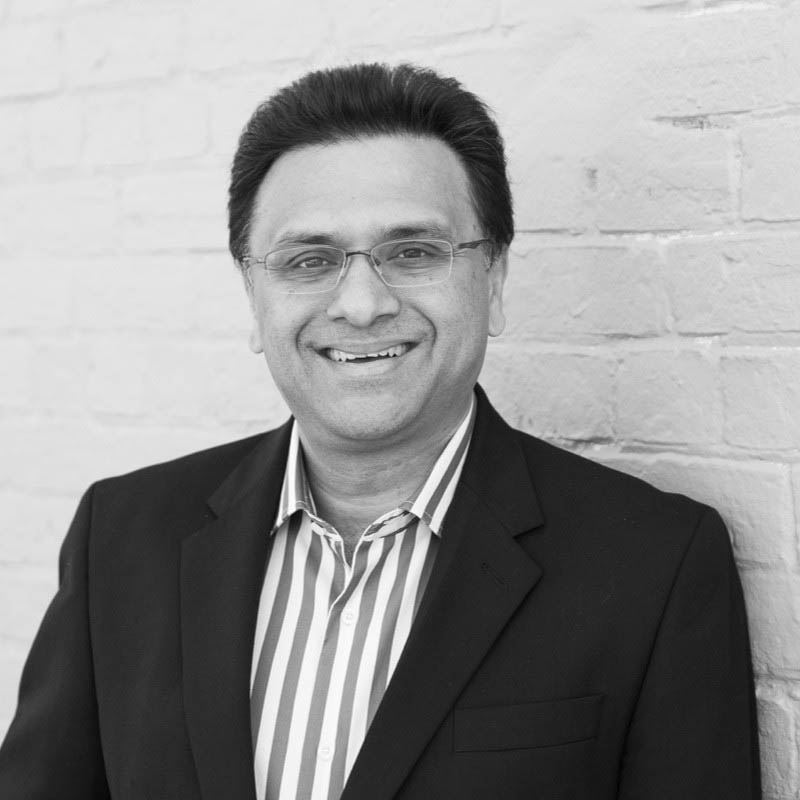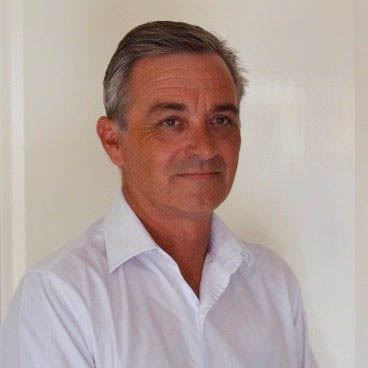The AHDC's Next In-Person Event
We are pleased to announce our second in-person seminar for this year. The session recording will be available after the event, but live attendance is exclusive for in-person participants.
No broadcast/zoom link will be available.
.png)
The virtual healthcare environment, including telemedicine and tele health, has evolved quickly over the past few years, notably with the COVID-19 pandemic, suggesting this aspect of healthcare will now be accepted more than ever as the “new” way of doing business. As technology advances and organisations become more familiar with platforms and service options, minimum built environment standards to support these practices may need to be refined.
Join us for a thought-provoking discussion where we will hear from three panellists, each coming from a different professional background, about their views and experiences relating to the virtual care environment.
The AHDC is honoured to host
•Elizabeth Rushbrook, Chief Medical Officer of Metro North Hospital (joining us from Brisbane, Queensland), will focus on the Models of Care and the clinical aspect of virtual care.
•Arindam Chaudhuri, Executive Director Digital Health, Northern Adelaide Local Health Network (joining us from Adelaide, South Australia), will focus on virtual care technology and innovation.
• Stuart Turk, Clinical Health Planner at Silver Thomas Hanley (STH), joining us from Melbourne, Victoria, will focus on the design and operational requirements for the health facility to respond to the virtual care models.

Elizabeth Rushbrook
Chief Medical Officer of Metro North Hospital

Arindam Chaudhuri
Executive Director, Digital Health,
Northern Adelaide Local Health Network

Stuart Turk,
Clinical Health Planner
Silver Thomas Hanley (STH),
Melbourne, Victoria
______________________________________________________
Relevant NSCA Units for this event (Architects Only):
-
PC 03_ Apply principles of project planning, considering implications for Country, environmental sustainability, communities, stakeholders and project costs.
-
PC 18_ Be able to apply creative imagination, design precedents, research, emergent knowledge and critical evaluation in formulating and refining concept design options, including exploring three-dimensional form and spatial quality.
-
PC 19_ Be able to identify, analyse and evaluate client project requirements and objectives using qualitative and quantitative methods and, where required by the terms of engagement, to assist cost estimators in determining project feasibility/viability.
-
PC 28_ Be able to draw on knowledge from building sciences and technology, environmental sciences and behavioural and social sciences as part of preliminary design research and when developing the conceptual design to optimise the project’s performance.
You can find further information on this program in the CPD Event Information Sheet.